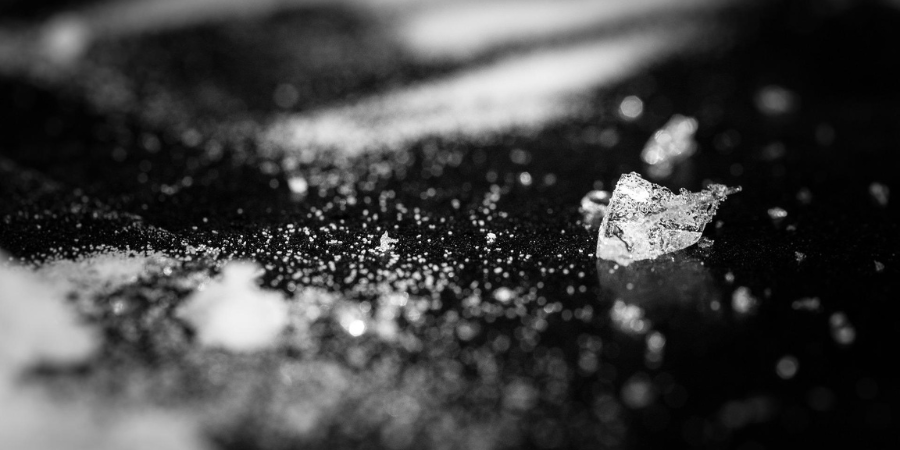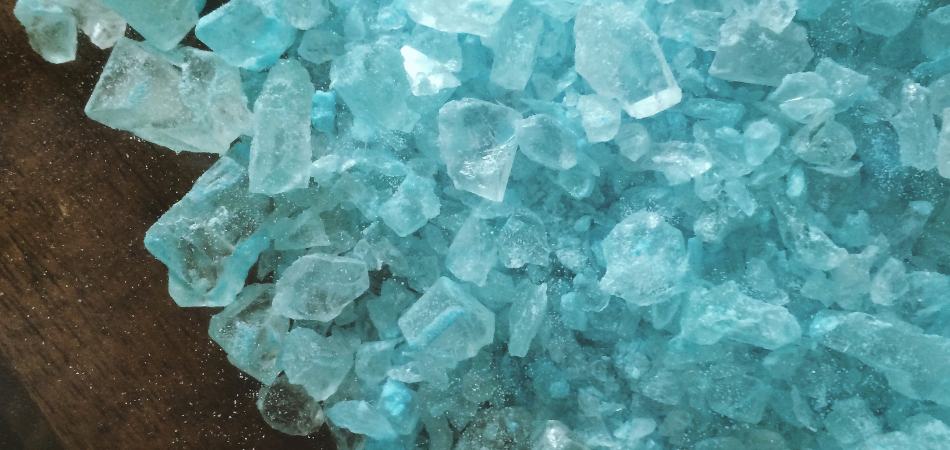
Written by:

Medically Reviewed by:
Last Updated:
August 7th, 2025
Meth Addiction | Definition, Symptoms and Effects
- Select
- Meth addiction
- Meth detox
- Meth rehab
Some drugs carry a reputation that almost speaks for itself. Meth is one of them. Whether it’s stories from abroad or images splashed across social media, the name alone often brings with it a wave of assumptions. But behind the hype and stigma, there’s a real story: a chemical that can pull people in quickly and dangerously.
If you or someone you care about has been using meth, it’s worth taking a moment to look past the headlines and understand what’s really going on. Meth addiction can develop faster than many expect, but there is help available.
What is meth?
Methamphetamine, often called meth or crystal meth, is a powerful stimulant that targets the central nervous system. It comes in the form of clear or white crystals, which are usually smoked, but it can also be snorted or injected.
In medical contexts, amphetamines (a related drug) are sometimes prescribed to treat conditions like ADHD. But the crystal form of meth has no medical use in the UK and is classified as a Class A drug, meaning it’s illegal to possess, produce or distribute.
What makes meth so concerning is the way it rapidly triggers the release of dopamine, resulting in a rush that’s difficult to forget and even harder not to chase.
Why is meth so addictive?
When someone takes meth, their brain is flooded with dopamine in a way that’s far beyond what it normally produces. This can make a person feel euphoric, energised and intensely focused. But the effects don’t last.
Once the high fades, a crash sets in; energy plummets, and emotions swing hard in the opposite direction. The memory of how good it felt just moments ago becomes impossible to ignore.
As the brain becomes more reliant on meth to trigger pleasure, it becomes harder to feel motivated or content without it. That’s when the cycle begins: use, crash, crave, repeat.
Is meth addiction common in the UK?
Compared to other countries like the US, methamphetamine hasn’t taken as strong a hold in the UK. Drugs like cocaine, MDMA and cannabis still dominate here. But that doesn’t mean meth use doesn’t exist or that it can be ignored.
Although the increases are small, statistics have shown a clear rise in meth-related emergency department admissions in London. It’s also worth noting that the Office for National Statistics now consistently includes meth in substance misuse reports. The reality is, once meth does enter someone’s life, it rarely does so quietly. Its impact is immediate and aggressive.
How meth addiction affects everyday life
Meth’s effects spread into every corner of life, often leaving people unrecognisable to themselves and to others. From health issues to social breakdown, the damage can come quickly and be hard to undo.
Below, we take a closer look at some of the areas most affected by meth addiction.
Users often develop skin sores from obsessive scratching, sometimes due to hallucinations known as ‘meth mites’, where it feels like bugs are crawling under the skin. The heart also comes under severe strain, with an increased risk of heart attack and stroke.
Emotions become unpredictable. Joy, anger, sadness and panic can arrive without warning. As sleep becomes more disrupted, it gets even harder to stay grounded in reality. Many report memory issues or a sense of detachment that never fully goes away.
Some users turn to illegal activity to fund their habit. Because meth is a Class A drug, possession alone is enough to warrant serious legal consequences. Add in criminal charges for theft, dealing, or other related offences, and the consequences become life-altering.
Signs of meth addiction
Not everyone who uses meth shows all the same signs but there are common patterns that often emerge over time. Being able to spot these changes, either in yourself or someone else, can help make sense of what’s happening.
- Extreme weight loss
- Rotting teeth, gum disease or dry mouth
- Skin sores, scabs or constant scratching
- Dilated pupils and rapid eye movement
- Hyperactivity followed by sudden crashes
- Hallucinations or paranoia
- Intense mood swings or emotional outbursts
- Depression and anxiety between highs
- Memory problems or confusion
- Compulsive behaviours or repetitive tasks
- Staying awake for long periods without sleeping
- Withdrawing from friends and family
- Neglecting work, school or personal commitments
- Lying, stealing or taking financial risks
- Increasing secrecy or disappearing for long stretches
Am I addicted to meth?
It’s hard to admit when a drug has started to take over. Sometimes it begins as a way to get more done or escape something painful. But the line between casual use and dependency isn’t always obvious until it’s been crossed.
Try asking yourself the following:
- Do you feel like you need meth just to get through the day?
- Have you tried to cut back or stop but found it harder than expected?
- Is your use affecting work, relationships or responsibilities?
- Do you feel anxious, paranoid or low when you’re not using?
- Are you hiding how much you use or lying about it to others?
If these questions feel familiar, that doesn’t mean you’ve failed. It means you’re starting to notice something important and that can be the first step toward change.
Moving forward
Meth addiction can feel like it rewrites your whole personality. It changes how you see the world, how you connect with others and how you see yourself. But it doesn’t have to stay that way.
At Primrose Lodge, we offer a structured meth rehab programme that includes detox, talking therapies like CBT and DBT and holistic sessions such as yoga and art. Our team will support you every step of the way, from your first day through to aftercare.
If you’re ready to make a change, reach out to Primrose Lodge. We’re here to help you find your way forward.
Frequently asked questions
(Click here to see works cited)
- Harnett JT, Dargan PI, Dines AM, Archer JRH, Greene SL, Hunter LJ, Wood DM. Increasing emergency department attendances in central London with methamphetamine toxicity and associated harms. Emerg Med J. 2022 Jun;39(6):463-466. doi: 10.1136/emermed-2020-209550. Epub 2021 Oct 14. PMID: 34649939.
- Lee HH, Sudhakara P, Desai S, Miranda K, Martinez LR. Understanding the Basis of METH Mouth Using a Rodent Model of Methamphetamine Injection, Sugar Consumption, and Streptococcus mutans Infection. mBio. 2021 Mar 9;12(2):e03534-20. doi: 10.1128/mBio.03534-20. PMID: 33688011; PMCID: PMC8092307.
- Rusyniak DE. Neurologic manifestations of chronic methamphetamine abuse. Neurol Clin. 2011 Aug;29(3):641-55. doi: 10.1016/j.ncl.2011.05.004. Epub 2011 Jun 24. PMID: 21803215; PMCID: PMC3148451.
- North A, Swant J, Salvatore MF, Gamble-George J, Prins P, Butler B, Mittal MK, Heltsley R, Clark JT, Khoshbouei H. Chronic methamphetamine exposure produces a delayed, long-lasting memory deficit. Synapse. 2013 May;67(5):245-57. doi: 10.1002/syn.21635. Epub 2013 Feb 8. PMID: 23280858; PMCID: PMC3831527.







